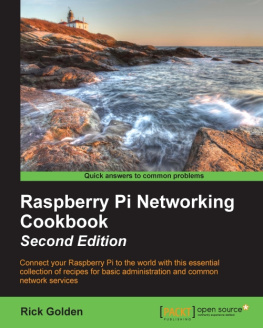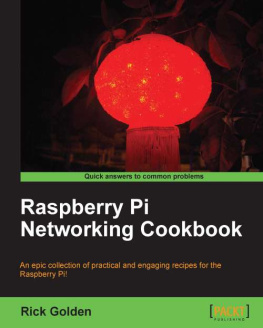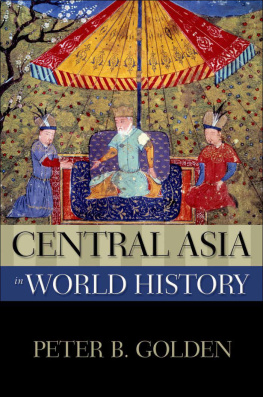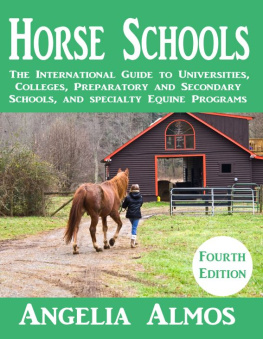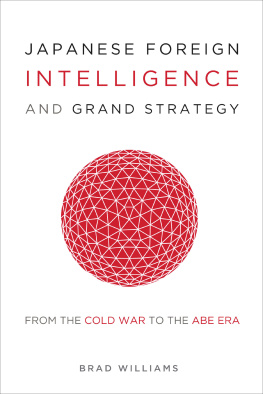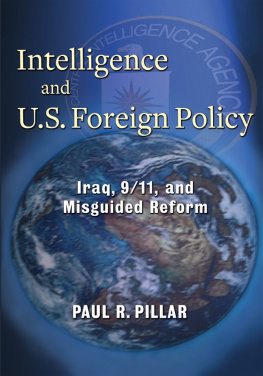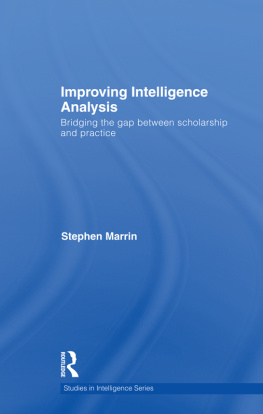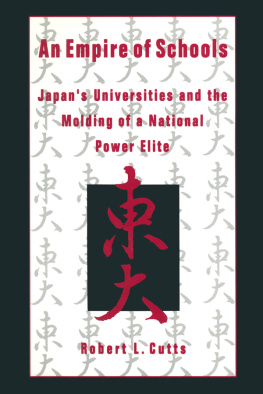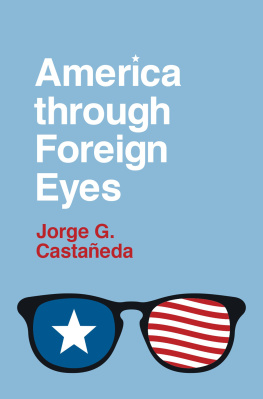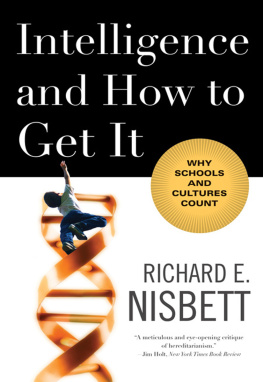GOLDEN - SPY SCHOOLS : how the cia, fbi, and foreign intelligence secretly exploit america’s... universities.
Here you can read online GOLDEN - SPY SCHOOLS : how the cia, fbi, and foreign intelligence secretly exploit america’s... universities. full text of the book (entire story) in english for free. Download pdf and epub, get meaning, cover and reviews about this ebook. City: S.l., year: 2018, publisher: PICADOR, genre: Politics. Description of the work, (preface) as well as reviews are available. Best literature library LitArk.com created for fans of good reading and offers a wide selection of genres:
Romance novel
Science fiction
Adventure
Detective
Science
History
Home and family
Prose
Art
Politics
Computer
Non-fiction
Religion
Business
Children
Humor
Choose a favorite category and find really read worthwhile books. Enjoy immersion in the world of imagination, feel the emotions of the characters or learn something new for yourself, make an fascinating discovery.

SPY SCHOOLS : how the cia, fbi, and foreign intelligence secretly exploit america’s... universities.: summary, description and annotation
We offer to read an annotation, description, summary or preface (depends on what the author of the book "SPY SCHOOLS : how the cia, fbi, and foreign intelligence secretly exploit america’s... universities." wrote himself). If you haven't found the necessary information about the book — write in the comments, we will try to find it.
GOLDEN: author's other books
Who wrote SPY SCHOOLS : how the cia, fbi, and foreign intelligence secretly exploit america’s... universities.? Find out the surname, the name of the author of the book and a list of all author's works by series.
SPY SCHOOLS : how the cia, fbi, and foreign intelligence secretly exploit america’s... universities. — read online for free the complete book (whole text) full work
Below is the text of the book, divided by pages. System saving the place of the last page read, allows you to conveniently read the book "SPY SCHOOLS : how the cia, fbi, and foreign intelligence secretly exploit america’s... universities." online for free, without having to search again every time where you left off. Put a bookmark, and you can go to the page where you finished reading at any time.
Font size:
Interval:
Bookmark:
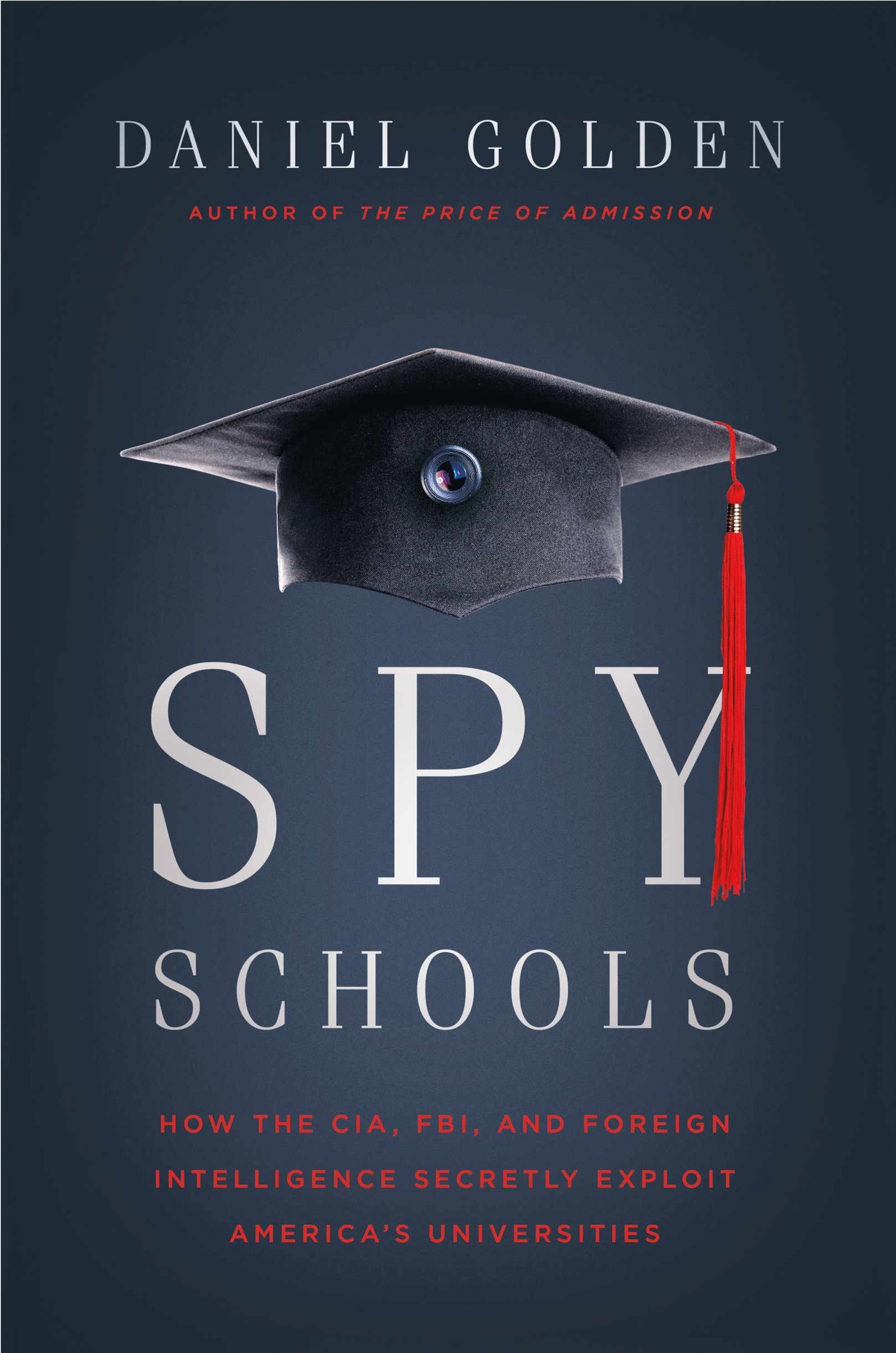

The author and publisher have provided this e-book to you for your personal use only. You may not make this e-book publicly available in any way. Copyright infringement is against the law. If you believe the copy of this e-book you are reading infringes on the authors copyright, please notify the publisher at: us.macmillanusa.com/piracy.
To Steven
On an April morning in 2009, Dajin Peng shaved and dressed for a normal day of teaching. Then the University of South Florida professor of international studies sat down at the desktop computer in his bedroom and began surfing the Internet for the best way to kill himself.
Peng was reeling from an abrupt tumble down the academic ladder. With little warning or explanation, South Florida had placed him on leave as director of its Confucius Institute, a China-funded language and cultural program. He was trying to find a painless poison, and one he could buy without attracting attention, when he heard his father calling to him from another room. Somebody was knocking on the front door.
Visitors seldom climbed the outside staircase to Pengs second-floor apartment in the drab, rust-colored roadside complex. He opened the door to a tall woman with an athletic build and shoulder-length brown hair, who was forty years old but looked younger. Although sunny, the weather was cool for spring in Florida, and she wore a coat over an off-white blouse.
Giving him a reassuring smile and a business card, she introduced herself as Dianne Mercurio, a special agent for the Federal Bureau of Investigation. Although she grew up in South Carolina, where she had been a high school track star, her voice bore little trace of a southern accent. Peng briefly feared that the FBI intended to arrest him, but her friendly demeanor indicated some other purpose.
As they shook hands, she said, Nick Abaid sends his regards.
With a jolt, Peng recognized the name from his days as a graduate student at Princetons Woodrow Wilson School of Public and International Affairs. Abaid, an FBI special agent, had cultivated Chinese students at Princeton who might become useful informants. He had identified Peng, who had gone to a university run by Chinas spy service and had ex-classmates in the highest reaches of its government, as a potential prize. Abaid had taken him to lunch several times, usually just before or after Pengs trips home to China. Explaining that he was worried about theft of American technology, Abaid had asked Peng if he had noticed anything suspicious about other Chinese students. Peng said he hadnt.
Mercurios reference to Abaid convinced him that she did indeed work for the FBI. It also put him on his guard. His last conversation with Abaid had been in 1994, when Peng joined the University of South Floridas faculty. Abaid had asked him to stay in touch with the FBIs Tampa bureau, an offer Peng politely declined, hoping he had seen the last of U.S. intelligence. For the next fifteen years, Peng and the FBI had gone their separate ways. Now the bureau was hounding him again.
When Mercurio asked if he had time to talk, Peng suggested a walk outside. He wanted to avoid disturbing his father, a frail widower, who lived with him. As they strolled up and down a corner of the parking lot, Mercurio told him she was aware of his predicament at the university.
Glad to have a sympathetic audience, especially an attractive woman, Peng recounted his tale of woe in fluent but heavily accented English. Funded by an affiliate of Chinas education ministry, Confucius Institutes had sprung up in the past five years on campuses worldwide. As founder and director of South Floridas branch, he deserved credit for its expanding array of courses, community outreach, and new cultural center. He had even arranged for the director of all Confucius Institutes to schedule a trip to USF, and he had expected her to lionize him and proclaim his institute a model for the world.
Instead, weeks before her visit, he was ousted. Pengs boss at USF handed him a curt notice that he was not allowed to return to the institute or have any contact with its staff, pending investigation into allegations of inappropriate management of the Confucius Institute. He could still teach his regular courses in international political economy and business, but that was scant consolation. The dean provided no details of the accusations against him, nor did she name his accusers. He would have expected such injustice in the China of his youth, but not in America.
As if worried that Peng might connect her visit with his downfall, Mercurio volunteered that she had no influence over the university, and nothing to do with his difficulties. He accepted her statement at face value. Later, he would wonder how she knew about his troubles, and would suspect the FBI of instigating them to gain leverage over him.
Mercurios next comment disturbed him. She wanted to know more about the Confucius Institutes, she said, because they harbored Chinese spies. Since the Chinese government funded them, and Chinese universities supplied most of their staff, they made ideal listening posts and recruiting stations, she explained. Left unsaid, but as unmistakable as a tabloid headline, was the accusation that Peng himself was a Chinese agent.
Youre wrong, Peng told Mercurio. She asserted her opinion as fact, but where was her evidence? China would never use the Confucius Institutes for spying, he said. They are too important. The government wouldnt want to risk the U.S. shutting them down.
She didnt argue with him. For Mercurio, who had recently taken over the China beat on the counterintelligence squad, an informant of Pengs prominence and connections could make her career. Later, as their relationship ripened, she would ask him to spy on the Confucius Institutes and their Chinese government sponsors, as well as Tampas Chinese community and his Chinese colleagues at South Florida. Her CIA counterparts would have plans for him as well. In return, she would be prepared to protect his professorship and, if necessary, keep him out of prison. The FBI had pressured mobsters, drug dealers, and loan sharks to cooperate; why not a Princeton-educated professor?
But first she needed to assess his enthusiasm for espionage. Peng was a U.S. citizen now, she reminded him. He understood her meaning. Hed been a Chinese national when he spurned Abaids request to stay in touch. Now he owed his patriotic allegiance to his adopted country, not his homeland. She asked him directly whether he would serve his country. Despite inner misgivings, he had little choice. He agreed.
They had walked for almost an hour.
As she said good-bye, she arranged a lunch date with him, and told him that she would set up an email account where he could contact her. She cautioned him not to mention her visit to anyone at South Florida.
Afterward, a neighbor dropped by his apartment. She and her husband, both Chinese, were among his closest friends; he had used his university position to help them obtain visas to study in the United States. They shared his fury over his ouster from the institute, and fretted about his bleak mood.
She had seen Peng with Mercurio, and her curiosity was aroused. Pengs female friends were usually Chinese.
Who was your visitor? she asked.
An FBI agent, he blurted out. Distracted from suicide, his mind raced ahead, groping to understand why the bureau had reentered his life and what it meant for his future.
Font size:
Interval:
Bookmark:
Similar books «SPY SCHOOLS : how the cia, fbi, and foreign intelligence secretly exploit america’s... universities.»
Look at similar books to SPY SCHOOLS : how the cia, fbi, and foreign intelligence secretly exploit america’s... universities.. We have selected literature similar in name and meaning in the hope of providing readers with more options to find new, interesting, not yet read works.
Discussion, reviews of the book SPY SCHOOLS : how the cia, fbi, and foreign intelligence secretly exploit america’s... universities. and just readers' own opinions. Leave your comments, write what you think about the work, its meaning or the main characters. Specify what exactly you liked and what you didn't like, and why you think so.

